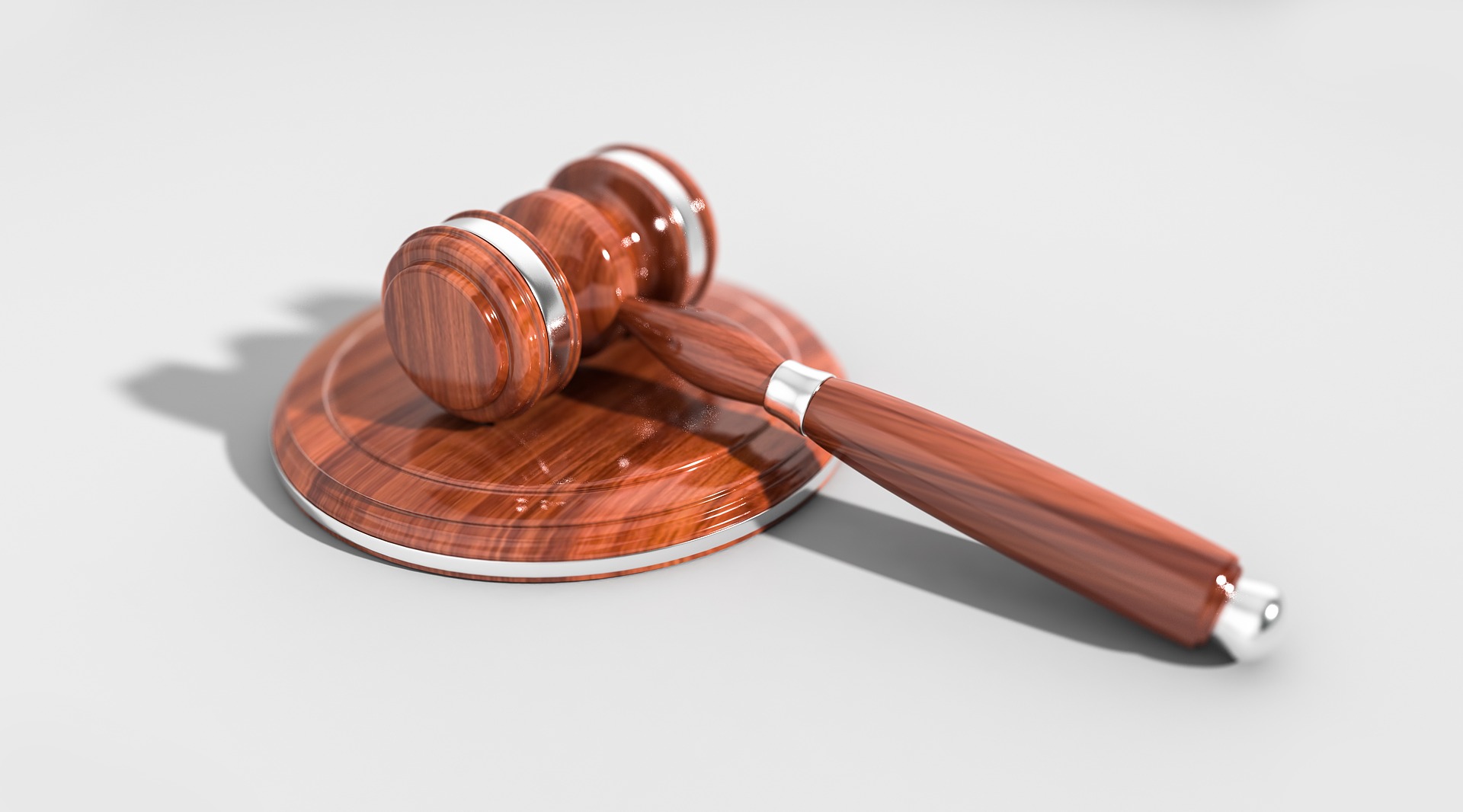A common part of many criminal sentences includes a certain length of a probationary period—meaning that while you may be out and about, there are certain regulations you must comply with. While the specifics may vary, the general clause involves no violations of any state, local, or federal laws, as well as regular meetings with your probationary officer.
Depending on your situation, some additional clauses can bind you towards performing particular actions, such as paying restitution or performing community service. Some more regular additions would involve reformation, such as meetings, psych evaluations, or counseling. To assure the proper processing of the conditions stipulated in your probation, then set a consultation with a criminal defense lawyer.
Violating the probation period
Failing to abide by the clauses can lead to a violation of your probation, leading to another hearing to be held on that account. Here are some of the most common violations of the probationary period:
- Missing out on the regular meetings with your probationary officer
- Committing and getting arrested for a felony act
- Failure to perform the acts under the additional clauses (such as community service or paying of fines or fees)
- Failure to perform or pass mandated drug or alcohol tests
The Consequences of Violating Probation
If you are caught violating your probation, then your probationary officer is required to take action. They will have to report your actions and misdemeanors, leading them to request for a warrant of arrest, ending you with an immediate loss of freedom—having you once again in custody for the time being.
The specific consequences vary per person, ranging from adding more clauses and conditions to your probation, revoking compliance credits already earned, lengthening your probationary status, or even having a judge sentence you again to jail time. This is largely dependent on your specific circumstances, like the severity of your initial charges, the length of your criminal record, and what specific terms were violated in your probation.
The Probation Surrender Hearing
Upon being caught violating your probation, your probation officer can issue a surrender notice—thus forcing you to attend a hearing with a judge to assess your case. You will be notified of the allegations made against you in court, from which the judge will decide whether there is probable cause to warrant another hearing. More often than not, however, your probation officer’s word is enough to satisfy the need for probable cause.
The judge will then define the specifics of your final hearing, and what should happen until that date. They must also decide whether you should be held in custody from that point until your final surrender hearing.
During the final hearing, your probationary officer will provide evidence and call on witnesses that should prove the violation of your probation. It is from this outcome and presentation that you may be found guilty of violating your probation or not—which is why the help of a criminal defense lawyer is necessary.
Conclusion
When you are claimed to be allegedly violating your probation, contact a criminal defense lawyer immediately. With their help, you can properly defend yourself in court, allowing you to circumvent getting additional time on your probation, or worse, landing yourself back in jail.
Are you looking for the best criminal defense lawyer in Boston to advise you regarding your probation? We aim to achieve the best possible outcome for our clients in criminal cases – schedule a free consultation today!



